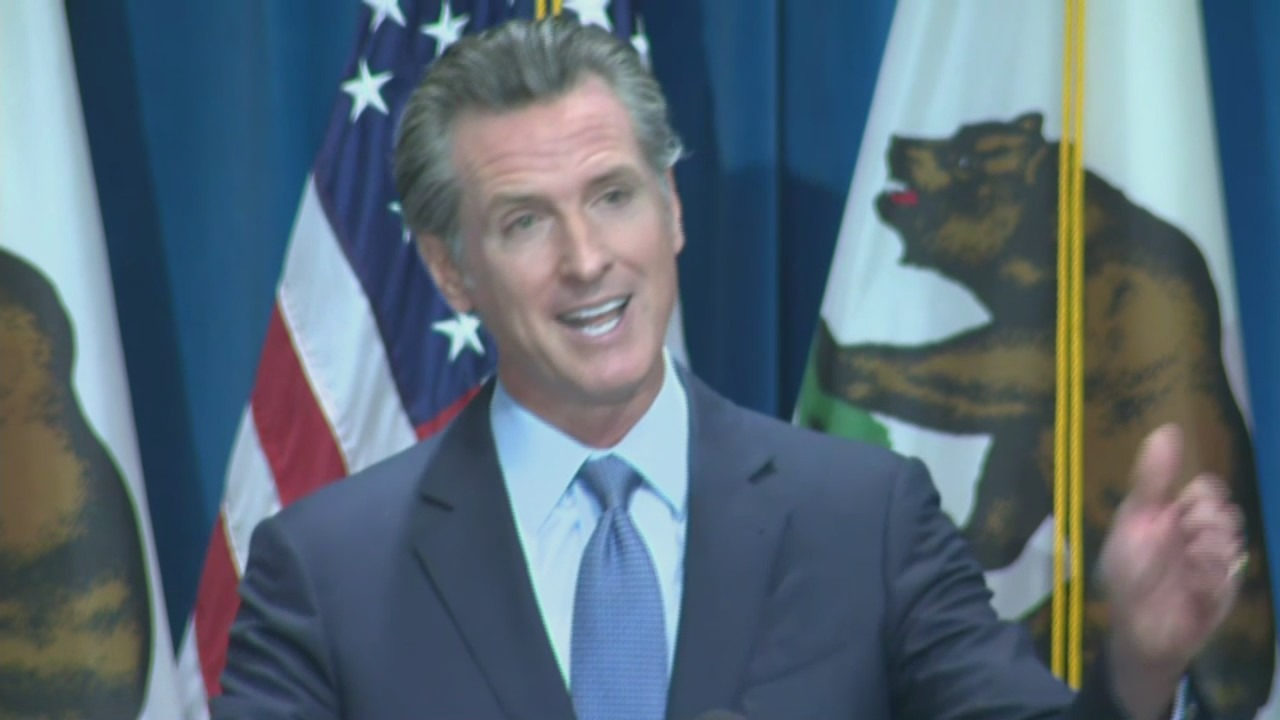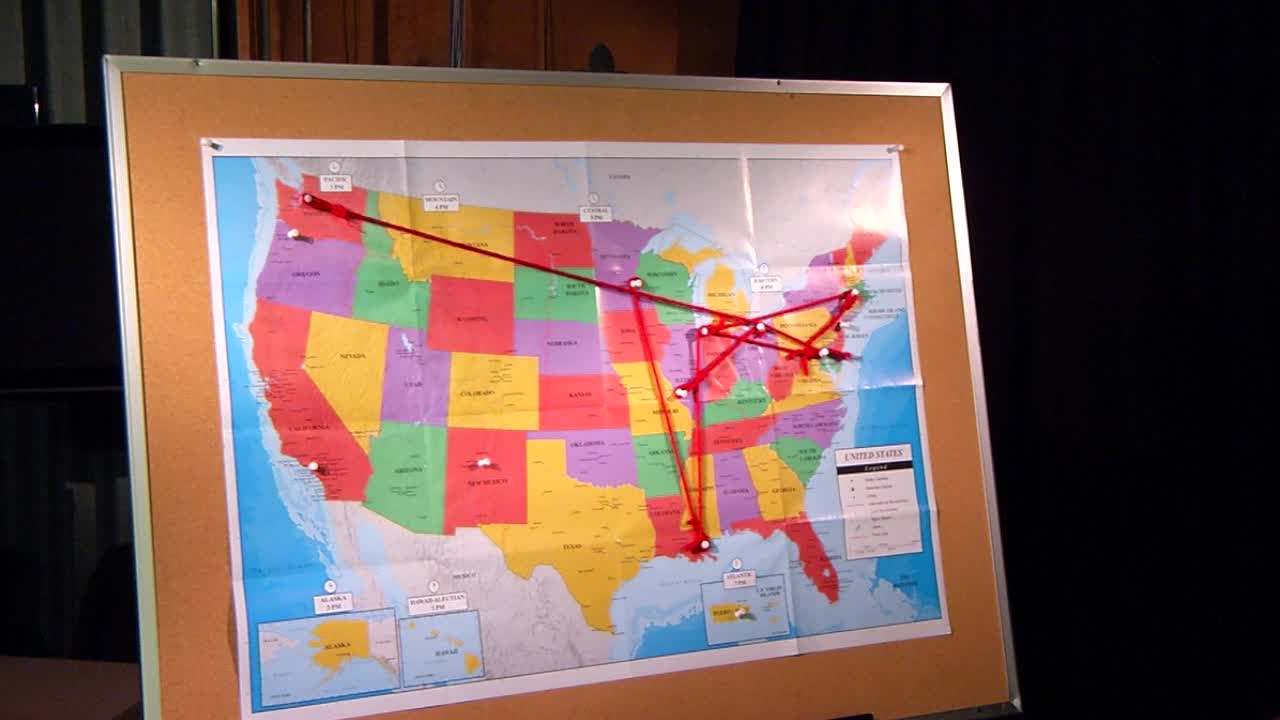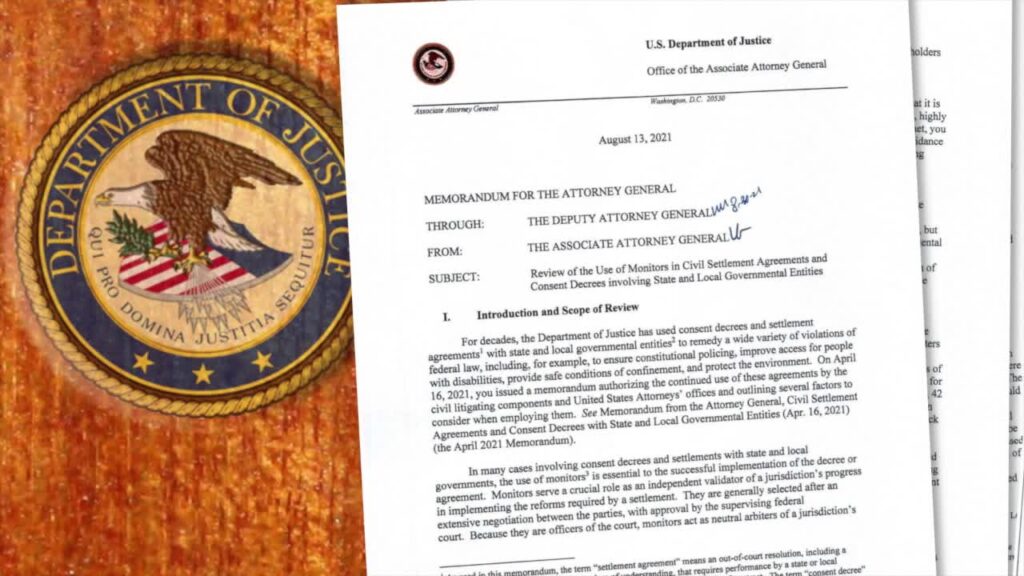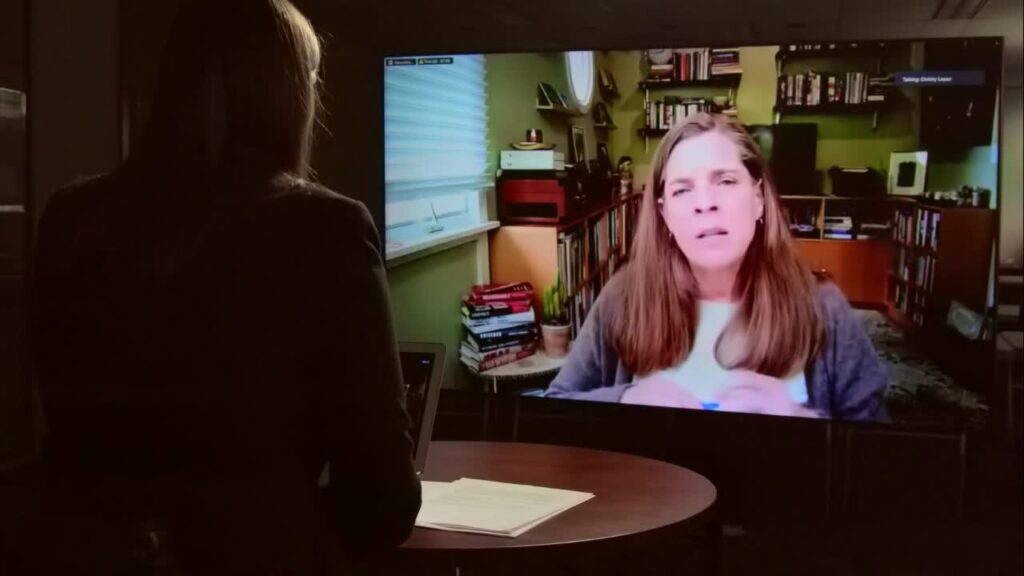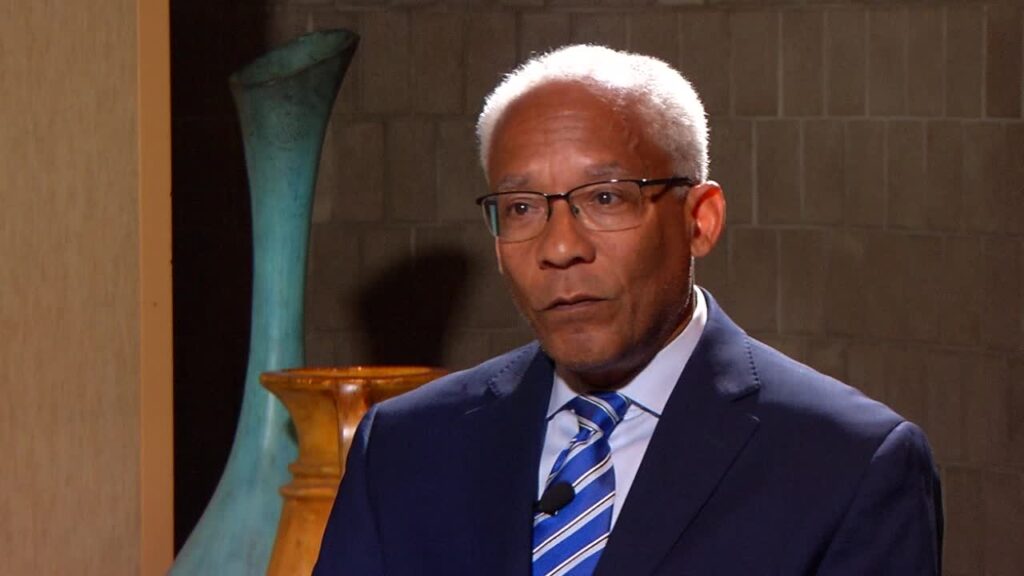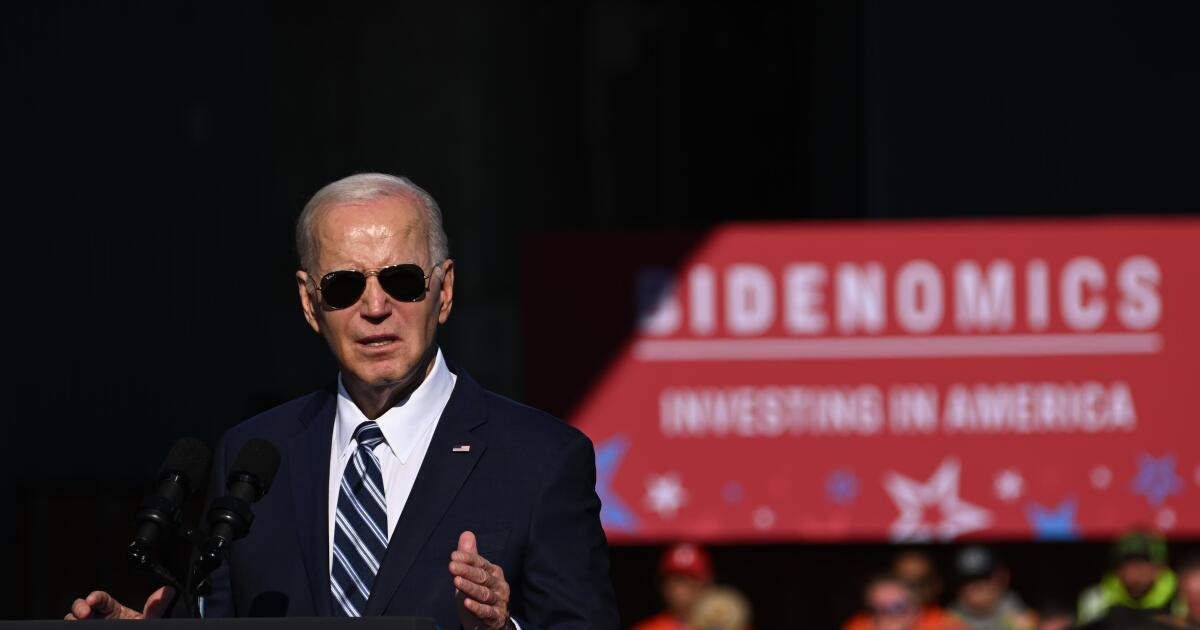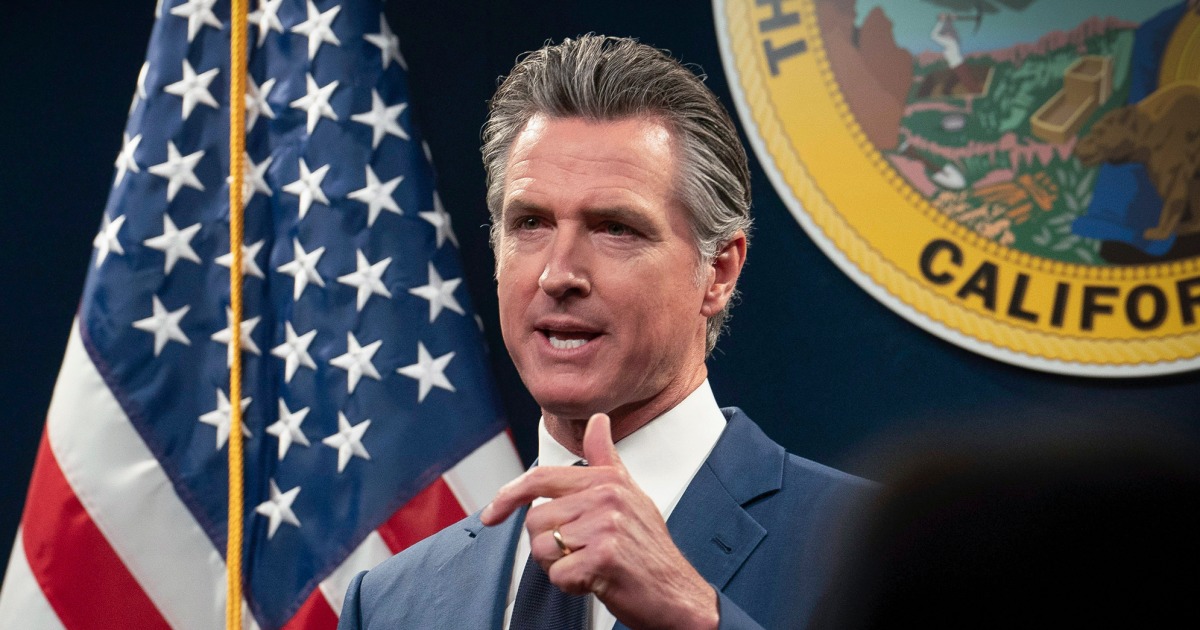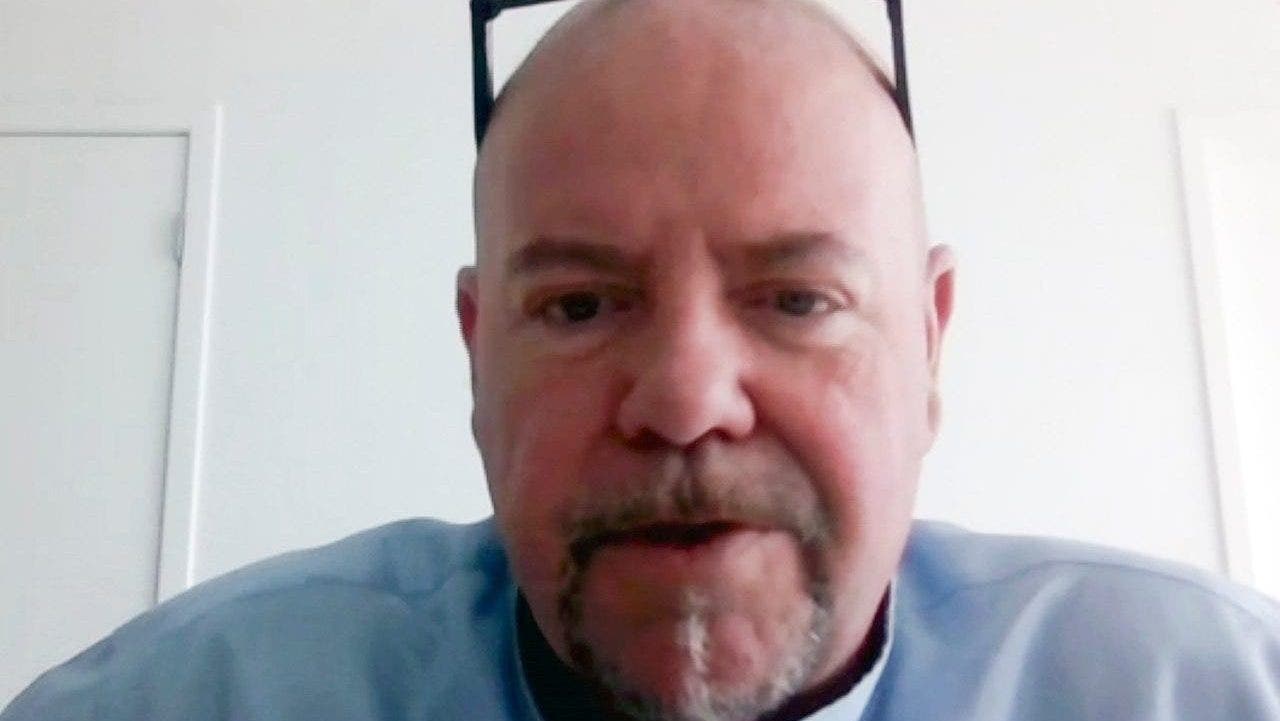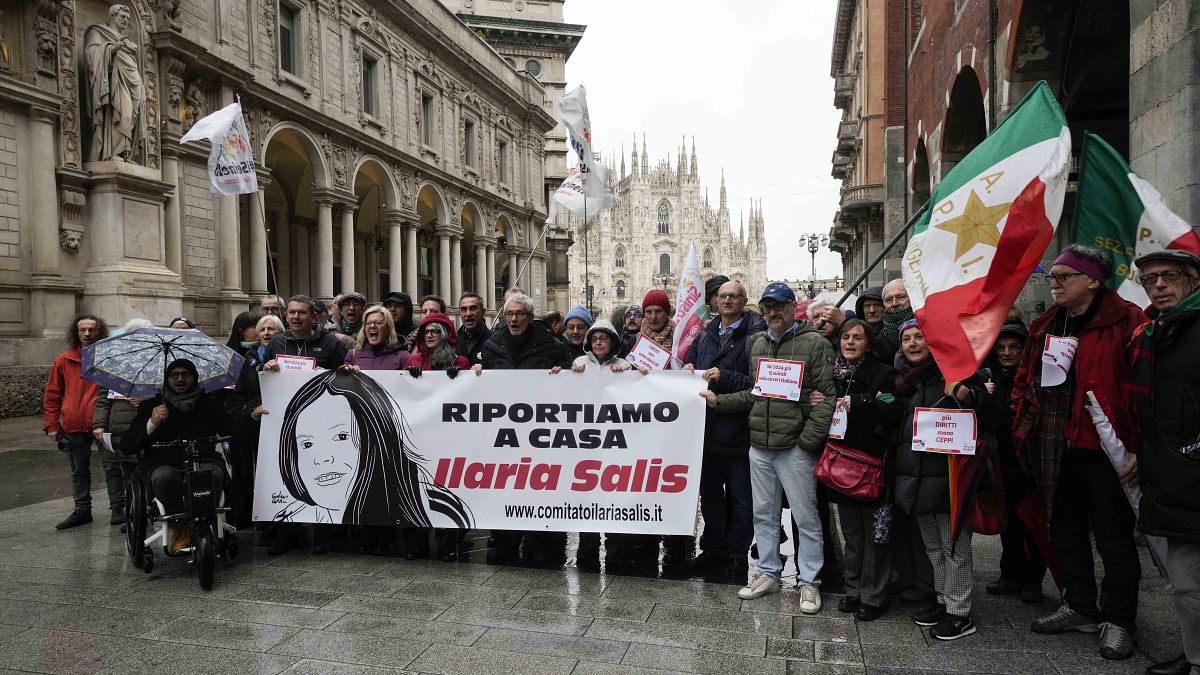CNN
—
The Minneapolis Police Department is investigating a hit-and-run incident as a potential bias crime after a driver struck a man in the parking lot of a mosque while driving toward him at high speed, police said.
The 36-year-old victim had non-life-threatening injuries and was transported to a local hospital, a news release from the police department said.
Just before noon on Wednesday, the man was in the parking lot of the Alhikma Islamic Center in south Minneapolis retrieving items from his car when a minivan drove toward him at a high speed, police said. He attempted to run when the driver of the minivan swerved and struck him, according to police.
“Based on the information gathered by our investigators so far, I am concerned that this crime may have been motivated by bias,” Police Chief Brian O’Hara said. “We won’t tolerate any crime in our city. But hate crimes and crimes against our houses of worship are particularly troubling because of the very real widespread fear they generate and the potential division they create among our residents.”
The hit-and-run comes amid a surge in reported anti-Muslim bias incidents across the US in recent months – an increase the Council on American-Islamic Relations has called “unprecedented.” Last month, CAIR said it received 8,061 complaints of anti-Muslim bias incidents in 2023 – the highest number in the 28 years CAIR has tracked hate.
Officers are working to locate the suspect and the van, according to the release. Police patrols have also been increased to protect those who enter and leave from the house of worship. Police department leadership is in communication with the imam and staff at the mosque, as well as community leaders, according to O’Hara.
Investigators are familiar with the suspect, O’Hara said, as he has a “history of trespassing and acting erratically at the mosque and in the neighborhood.”
CNN has reached out to the Minneapolis Police Department for more information.
The Minnesota chapter of the Council on American-Islamic Relations says the victim is one of its staffers who was targeted by a man who CAIR alleges has harassed the mosque and worshipers many times in the past three years.
“This apparently intentional attack outside a religious institution must be investigated as a possible hate crime,” said Jaylani Hussein, executive director of CAIR-Minnesota. “We urge stepped-up security and increased vigilance at Islamic institutions statewide.”
The department describes the suspect as “a light complected, black male in his late 30s wearing a brown shirt and black glasses” and driving a 2002 Silver Windstar minivan. The department has asked for tips from the public.
The hit-and-run comes just over a year after a man allegedly set fires at two Minneapolis mosques. The damage likely totaled tens of thousands of dollars, an affidavit against him said.




